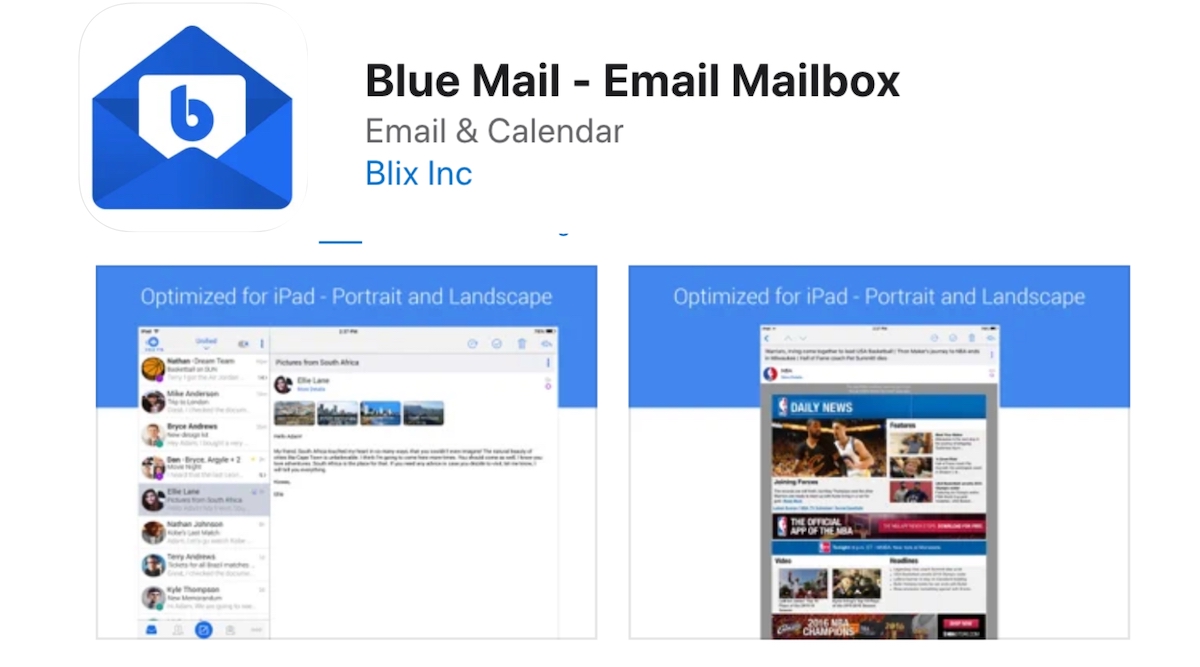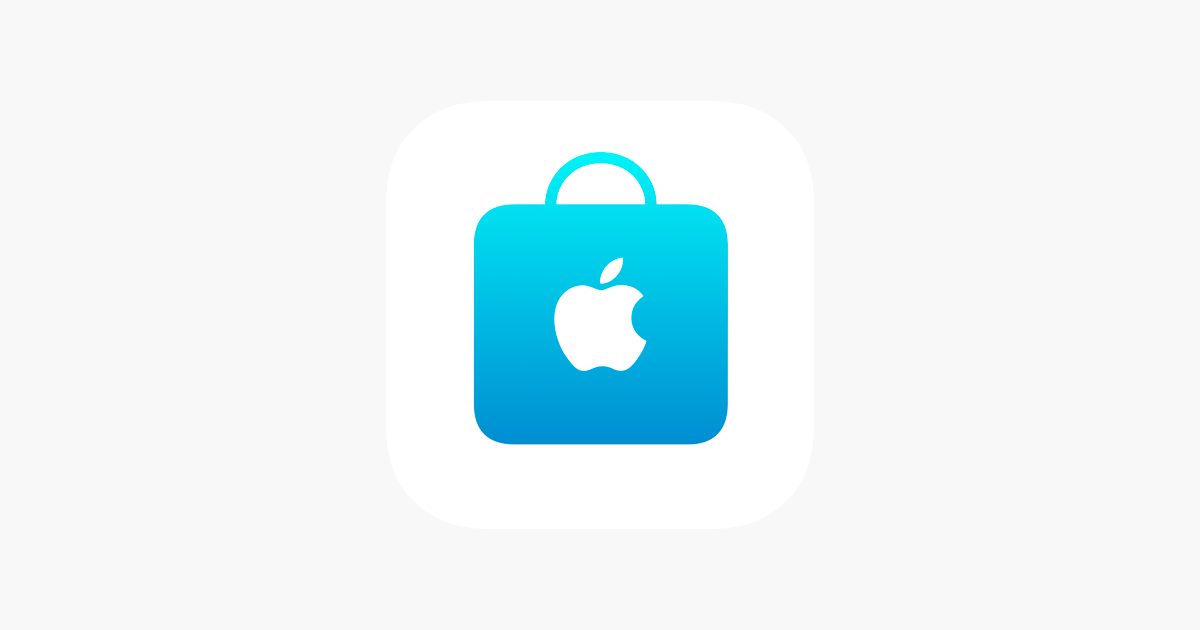An antitrust lawsuit filed by Blix, developer of the BlueMail app, against Apple is thrown out by the judge for a second time. BlueMail is a free iPhone and iPad app that allows users to manage multiple email accounts in one place like iCloud, Gmail, Yahoo Mail, Hotmail, AOL, Outlook, and Office 365. So, Blix accused Apple of favoring native apps over third-party apps, removed BlueMail’s macOS app from the App Store, and infringement of ‘Sign in with Apple’ on its patent.
In December 2020, the U.S. District Court for the District of Delaware dismissed Blix’s first lawsuit against Apple. At the time, the judge ruled that the developer did not present any evidence of Apple’s monopoly power or anticompetitive conduct in violation of the Sherman Act. It was also ruled that there was no evidence that the Cupertino tech company had actually restricted Blix from fair competition. And now a new ruling reiterates that same ruling.

Blix case against Apple dismissed without refiling option
BloombergLaw reports that the developer was not able to prove Apple’s anticompetitive behavior and will order the case to be closed.
Email app maker Blix Inc. also “fails to adequately and plausibly allege how any action Apple is allegedly taking is harming competition,” the U.S. District Court for the District of Delaware said.
For the foregoing reasons, the Court will grant Apple’s Motion to Dismiss Plaintiff’s Second Amended Complaint Pursuant to Fed. R. Civ. P. 12(b)(6). (D.I. 70) As the Court is now dismissing Blix’s third complaint, and Blix has been provided multiple opportunities to try to plead its claims, today’s dismissal is with prejudice. The Clerk of Court will be directed to close this case.

Satisfied with the ruling, Apple said that in a statement that;
Blix, a member of the Coalition for App Fairness and frequent complainer to press and regulators, alleged false conspiracy theories and anti-competitive claims against Apple. The court correctly rejected these claims and threw out Blix’s case. This case demonstrates that Apple has consistently acted legally by introducing its own innovative products and features that promote competition.
The iPhone maker is facing antitrust cases by other members of the Coalition for App Fairness like Spotify and Fortnite in the United States and EU Commission which also accuses the company of creating a monopoly and being anti-competitive by charging a 30% commission rate for in-app purchases via the App Store.
1 comment
Comments are closed.